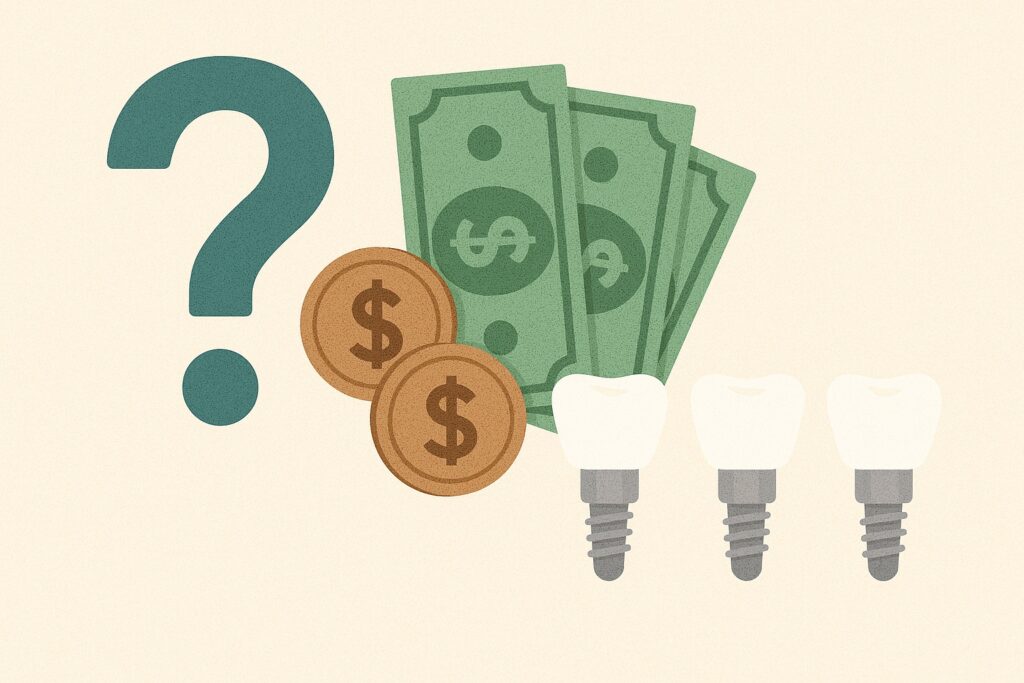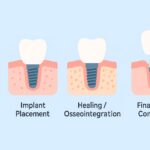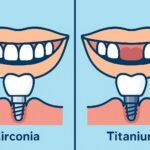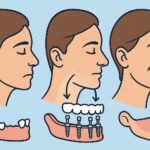Mini dental implants are a popular solution for people who need tooth replacement but want a less invasive and more affordable option than traditional implants. These implants are smaller in diameter, require less bone density, and can often be placed in a single visit. Because of these advantages, many patients ask what they can expect to pay for the procedure.
Let’s break down the typical costs involved, what factors affect pricing, and how mini implants compare to standard ones in terms of value.
Average Cost of Mini Dental Implants in the U.S.
In the United States, the average cost for a single mini dental implant ranges from $500 to $1,500. This includes the implant itself, the placement procedure, and often the crown or denture that attaches to it.
For patients needing multiple implants, costs can increase accordingly. A full set of mini implants for stabilizing a lower denture may range between $2,000 and $5,000, depending on the number of implants placed and the type of denture used.
Regional Pricing Variations
- Urban areas (e.g., New York, Los Angeles) may charge 15–30% more due to higher overhead.
- Rural or suburban clinics often have more competitive pricing, especially if they specialize in implant dentistry.
- Travel dentistry or dental tourism within the U.S. can also affect pricing, with some clinics offering package deals for out-of-town patients.
Key Factors That Influence Cost
Several variables determine how much you’ll ultimately pay for mini dental implants. Understanding these factors can help you estimate costs more accurately and avoid hidden fees.
Number of Implants Needed
The more implants you need, the higher the total cost. A single implant is much less expensive than a full arch restoration that may require four to six mini implants. Some procedures also include additional hardware like bars or overdentures, which add to the overall price.
Material Used
Most mini dental implants are made from titanium, which is durable and biocompatible. Some higher-end options use zirconia, which is metal-free and typically more expensive. The material used for the crown or denture attachment (acrylic, porcelain, etc.) also affects pricing.
Dentist’s Experience and Clinic Location
Specialists or implant-focused clinics may charge more due to advanced training and better technology. Geographic location matters too — clinics in large cities or high-cost-of-living areas often charge more than those in smaller towns or rural areas.
Additional Procedures
If your jawbone needs preparation (such as bone smoothing or extractions), that will add to the cost. However, one benefit of mini implants is they usually require less or no bone grafting, making them cheaper overall compared to traditional implants.
Cost Comparison: Mini Implants vs Traditional Implants
When evaluating dental implants, one of the most common questions is how mini implants compare to traditional implants in terms of price and value. The difference can be significant — both in cost and treatment approach.
Price Difference
- Mini dental implants: Typically cost $500–$1,500 per implant.
- Traditional implants: Usually range from $1,500–$3,000 per implant, and that’s just for the implant fixture — the full procedure (including abutment and crown) can cost $3,000–$6,000 or more per tooth.
The cost savings of mini implants often come from shorter treatment time, fewer required visits, and no need for bone grafting in most cases.
Why Mini Implants Are Less Expensive
- Smaller size requires less surgical work
- Often placed in a single visit
- Fewer materials and components involved
- Reduced or no bone grafting
- Lower lab costs for simpler restorations
Suitability Considerations
Mini implants are ideal for:
- Patients with limited bone density
- Denture stabilization
- Small teeth replacements (e.g., lower incisors)
However, they may not be recommended for:
- Heavy bite areas (molars)
- Patients with severe bone loss or bruxism (teeth grinding)
While traditional implants are more versatile and durable in some situations, mini implants offer a more affordable and accessible solution for many patients.
Does Insurance Cover Mini Dental Implants?
Dental insurance coverage for implants — including mini implants — can vary widely. Many plans still consider dental implants to be a cosmetic or elective procedure, which limits or excludes coverage. However, some providers are beginning to include partial reimbursement or allow coverage under specific conditions.
Typical Insurance Coverage Scenarios
- No coverage: Many basic dental plans do not cover implants at all.
- Partial coverage: Some plans may cover the crown or denture attachment, but not the implant post or surgery.
- Medical necessity: If implants are required due to trauma, disease, or a congenital condition, some medical insurance policies may offer partial support — though this is rare and requires documentation.
How to Check Your Benefits
- Ask your provider directly if mini implants are covered.
- Request a pre-treatment estimate from your dentist for submission to the insurer.
- Look into annual maximums — most dental plans cap benefits around $1,000–$2,000 per year.
Financing Options
For patients paying out of pocket, many clinics offer flexible payment plans through:
- In-house financing
- Third-party lenders like CareCredit, LendingClub, or Proceed Finance
- Discounts for full payment upfront or senior/military pricing
Mini implants are often more manageable without insurance due to their lower overall cost compared to traditional implants.
Conclusion
Mini dental implants offer a more affordable and less invasive option for tooth replacement, especially when compared to traditional implants. With average costs ranging from $500 to $1,500 per implant, they’re within reach for many patients, even without full insurance coverage. Pricing can vary depending on your location, the number of implants required, and any additional procedures needed — but in general, mini implants offer a cost-effective solution for those seeking stability for dentures or replacement of small teeth.
Before proceeding, it’s smart to get a personalized quote from a qualified implant dentist and confirm any available insurance or financing options. A clear understanding of the total cost can help you make an informed decision and avoid unexpected expenses.






